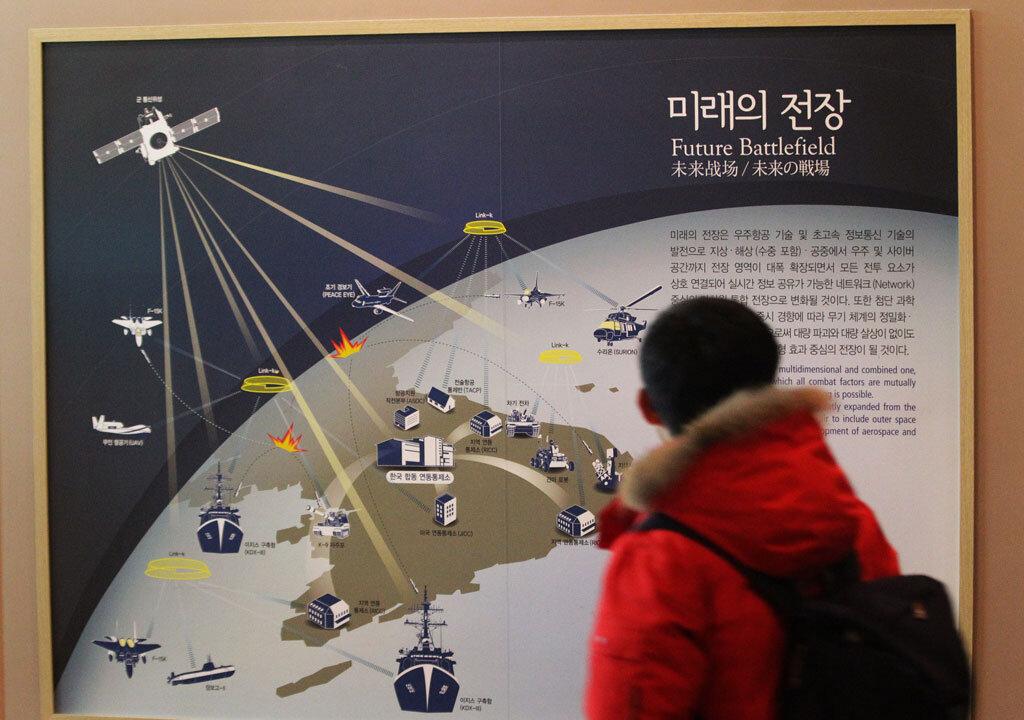A “dual hat” consolidation of the Department of Defense’s (DOD) cyber warfare operations will improve critical infrastructure resiliency while sharpening the Pentagon’s ability to preemptively eliminate cyber threats before they manifest, the deputy commander of U.S. Cyber Command said during a Senate Armed Forces Committee hearing on July 20.
The proposed permanent merger of the U.S. Cyber Command (USCC) commander and National Security Agency (NSA) director positions under one “dual-headed hat” is “in the best interests of the nation,” Air Force Lt. Gen. Timothy Haugh told senators.





